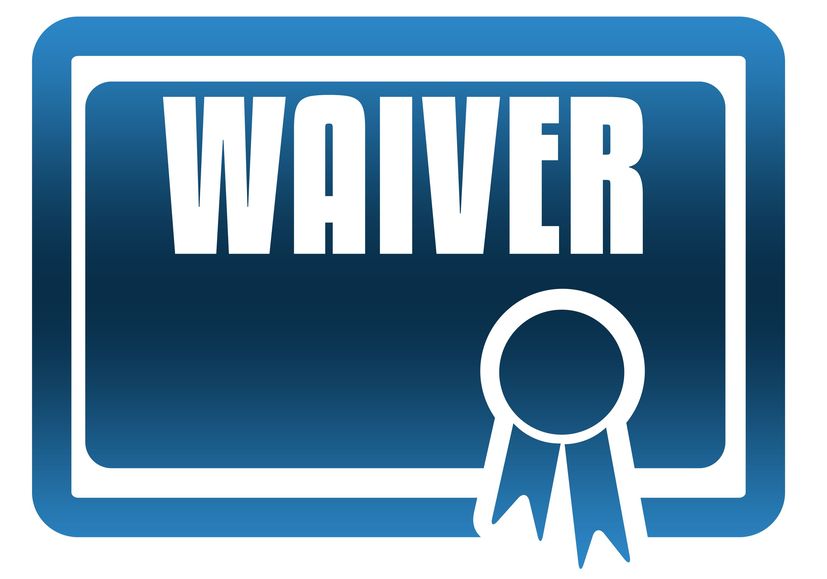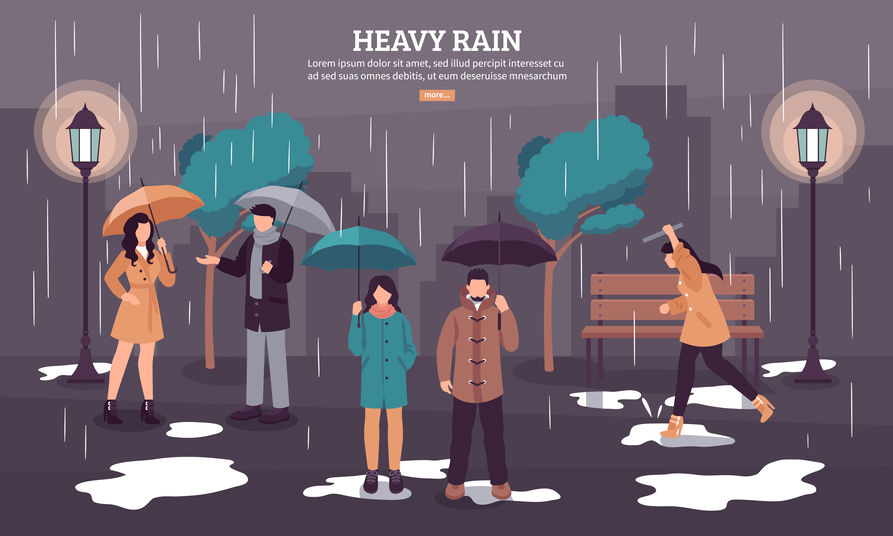EVENT LIABILITY
A short checklist for
event liability.
Before doing any outreach activities that will result in the public being on your property (either inside or just in the parking lot), you will need to make sure that you have properly prepared for the liability that this comes with. There may be zoning ordinances and local regulations about traffic, safety, health, access for people with disabilities, and operation of public charity protocols that you would need to comply with. You also may need to consider any adverse impact the event may have on your neighbors and the neighborhood in which your event is located.*
Here’s a short check-list to help you to think through some of the issues.
1. Make sure you have liability insurance.
Ask your ecclesial board for a copy of the insurance documents, and familiarize yourself with the key points.


2. Check out local laws…
… you may need a licence to hold your event.
3. Ensure that any events that include youth have a child protection policy in place for the safety of everyone.
You can find a very comprehensive policy here. Each organization should edit their policy based on their needs.


4. Will you need a first-aider?
If the event includes any type of physical activity, consider appointing a certified first-aider and make sure they have appropriate supplies to deal with any injury that may occur.
5. Do you need a liability waiver?
If needed, create a liability waiver for participants. This can exempt you from lawsuits in case of injury and is a good way for participants to understand what role the organization plays in hosting the event. A guide on how to construct a liability waiver can be found here.


6. What is your event capacity?
Ensure that any event does not exceed the maximum capacity put in place by the fire marshal or government officials.
7. Check food and hygiene regulations
If serving food, check in with your local health department to make sure you are compliant with their safe food handling regulations.


8. Weather contingency planning
If the event is hosted outside, think about picking an alternate date and having a refund policy in case the weather does not cooperate.
*Disclaimer: This section is meant for informational purposes only and is in no way a comprehensive list. For professional advice please consult a legal advisor.

